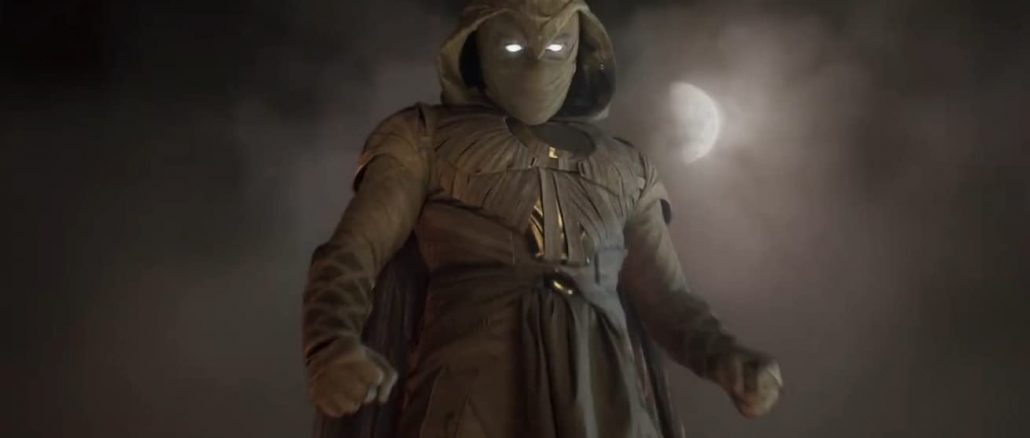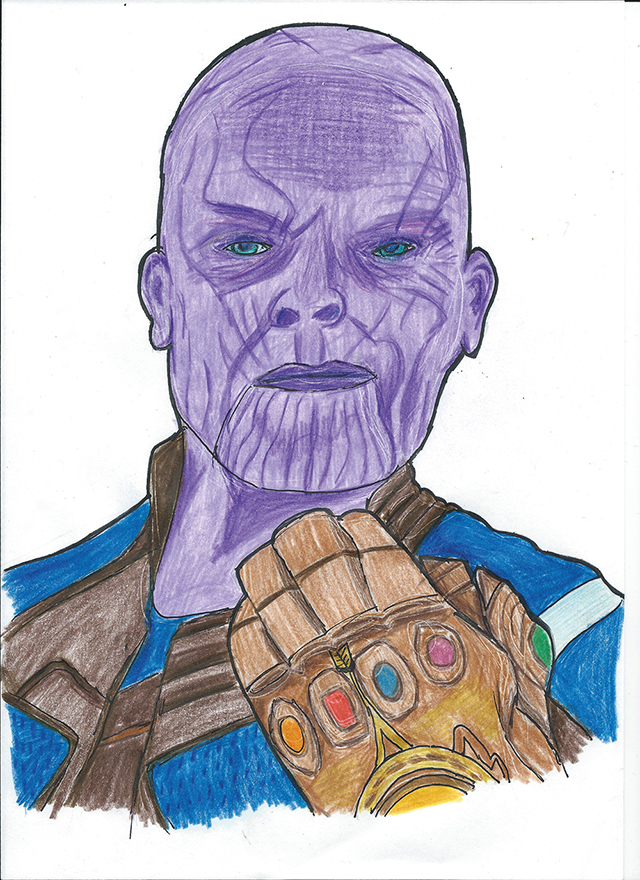
After nearly 3 years of waiting, the first episode of Marvel’s Moon Knight aired on Disney+ last week to widespread acclaim. Despite being a character never featured in any blockbuster movies beforehand, Marvel fans did what Marvel fans do best and generated an enormous amount of hype for the series, culminating in its premiere garnering a staggering 1.8 million viewers. Much of this popularity’s credit has to be given to actor Oscar Isaac, whose stardom helped elevate the B-list superhero up into the same league as Marvel’s heavy-hitter shows – like Hawkeye.
Isaac plays Steven Grant, a timid gift shop cashier with an English accent that is, let’s say, awry at best. Despite this, his performance is still top-tier as we’ve come to expect from this actor, as his awkward demeanour has already left Steven a fan-favourite. Isaac’s talent is really showcased with the emergence of Marc Spector, an alternate identity sharing the same body as Steven. Isaac is able to act out a continuous dialogue between the two separate personas while making sure each character remains distinguishable, which is no mean feat. However, while Oscar Isaac’s acting remains exceptional as always, critics have found some concerns with how the story is setup.
After the acquisition of the 18+ Netflix shows such as Daredevil and Jessica Jones, this led many fans to believe that subsequent future shows on Disney Plus would be geared towards the older generation, specifically Moon Knight. Unfortunately, this is not quite the case, with the show being given a 16+ age rating, leading to disappointment amongst the fanbase. Many criticisms of Marvel have been at the lack of mature themes in its storytelling, with fans and critics alike disappointed in how diluted certain plot points can become in favour of sticking to a family viewing experience. While aspects of the show are inarguably much darker than its predecessors (i.e we see some blood), it’s yet to be seen how Moon Knight will deal with its titular character’s struggles with Dissociative Identity Disorder in a fashion that does not feel reductive or surface level, as has been the case in previous portrayals of heavy issues in the Marvel Universe.
Donal McEvoy



